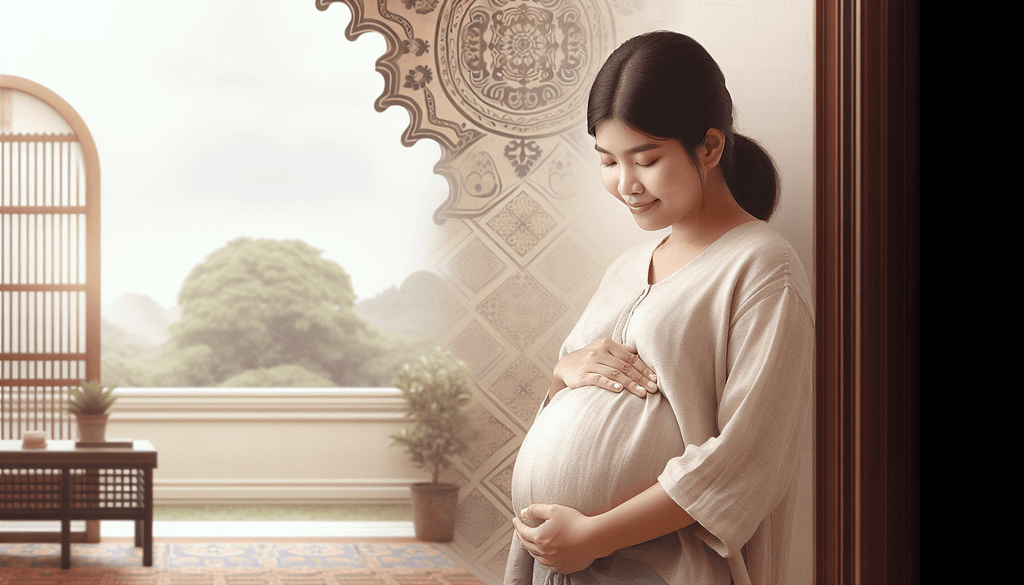Have you ever wondered if you can undergo laser hair removal while pregnant? Pregnancy is a time of profound change, not just emotionally and physically, but also in terms of beauty and self-care. As an expectant mother, you may find that your usual beauty routines often need adjustments to accommodate the changes in your body. With heightened skin sensitivity and hormonal fluctuations, managing your hair and overall beauty routine can become a complex task. This comprehensive guide aims to address your concerns and provide valuable insights into whether laser hair removal is safe during pregnancy.
Understanding Laser Hair Removal
What is Laser Hair Removal?
Laser hair removal is a medical procedure that uses a concentrated beam of light (laser) to remove unwanted hair. During the process, the laser emits light absorbed by the pigment (melanin) in the hair. This light energy is converted to heat, damaging the hair follicles and inhibiting or delaying future hair growth.
How Does it Work?
The laser targets the melanin in the hair shaft, converting light energy to heat. This heat damages the hair follicle, impairing its ability to produce new hair. Several sessions are usually required to achieve long-term results, and maintenance treatments may be needed periodically.
Common Areas Treated with Laser Hair Removal
Laser hair removal can be performed on various parts of the body, including:
| Area | Description |
|---|---|
| Face | Upper lip, chin, and sideburns |
| Legs | Full legs or specific areas like the thighs or calves |
| Underarms | Effective for reducing underarm hair |
| Bikini Line | Including Brazilian hair removal |
| Back and Shoulders | Common areas for men |
| Chest and Abdomen | Common areas for both men and women |
Understanding these basics can help you make informed decisions about laser hair removal and its potential risks and benefits.
Changes During Pregnancy
Hormonal Shifts
Pregnancy induces significant hormonal changes, affecting various body functions, including hair growth. Elevated levels of estrogen prolong the hair growth phase, potentially leading to thicker and more abundant hair.
Skin Sensitivity
As an expectant mother, your skin may become more sensitive due to hormonal imbalances. This heightened sensitivity can affect your skin’s reaction to treatments and products, including laser hair removal.
Hair Growth
While you may notice an increase in hair growth during pregnancy, the same hormonal changes can lead to hair loss post-pregnancy. These fluctuations present unique challenges in managing hair removal during this period.
Is Laser Hair Removal Safe During Pregnancy?
Lack of Research
One primary concern is the lack of extensive research on the safety of laser hair removal during pregnancy. Most studies and guidelines are based on the principle of erring on the side of caution due to the potential risks involved.
Advisory from Medical Professionals
Most medical professionals advise against undergoing laser hair removal during pregnancy. This caution is mainly due to the absence of substantial evidence proving its safety for the fetus and the mother.
Potential Risks
While no conclusive evidence points to significant risks, potential concerns include:
- Skin Sensitivity: Increased chance of irritation or adverse reactions
- Pain and Discomfort: Enhanced sensitivity may make the procedure more painful
- Unknown Effects on Fetus: Lack of research means potential risks cannot be entirely ruled out
Alternatives to Laser Hair Removal During Pregnancy
Shaving
Shaving remains one of the safest methods for hair removal during pregnancy. It’s quick, effective, and can be done at home.
Waxing
While waxing is generally safe, it can be more painful due to increased skin sensitivity. Ensure the salon follows strict hygiene protocols.
Depilatory Creams
These creams dissolve hair at the skin’s surface. It’s crucial to choose products free from strong chemicals to avoid skin irritation.
Natural Methods
Some natural methods, such as sugaring and threading, are safe alternatives. They are less likely to cause skin reactions and provide effective hair removal results.
Post-Pregnancy Laser Hair Removal
When to Resume
It’s generally advised to wait until your hormonal levels stabilize post-delivery before resuming laser hair removal treatments. This typically means waiting several months after childbirth.
Breastfeeding Considerations
While there’s no evidence suggesting laser hair removal affects breastfeeding, consult your healthcare provider to ensure it’s safe for you.
Skin Assessment
Given the skin changes experienced during pregnancy, it’s essential to have a professional assessment to determine the suitability of laser hair removal post-pregnancy.
Consult Your Healthcare Provider
Importance of Medical Advice
Always seek medical advice before undergoing any cosmetic treatments during pregnancy. Your healthcare provider can offer personalized advice based on your medical history and current health status.
Discussing Concerns
Address any concerns or questions with your doctor. They can provide reassurance and guide you on safe beauty practices during pregnancy.
Comprehensive Care
A multi-disciplinary approach, involving your obstetrician, dermatologist, and a certified laser technician, ensures a comprehensive assessment and the safest approach to managing hair removal during pregnancy.
Conclusion
Navigating beauty routines during pregnancy can be challenging due to the numerous physical and emotional changes at play. While laser hair removal is a popular and effective method for long-term hair reduction, its safety during pregnancy remains uncertain. Due to the lack of conclusive research and the potential risks involved, most medical professionals advise against undergoing this procedure during pregnancy.
However, several safe alternative methods can manage unwanted hair effectively during this period. Always consult your healthcare provider for personalized advice and ensure any beauty treatments you opt for are safe for you and your developing baby. By prioritizing safety and informed decision-making, you can maintain your beauty routine while ensuring the well-being of both yourself and your baby.




